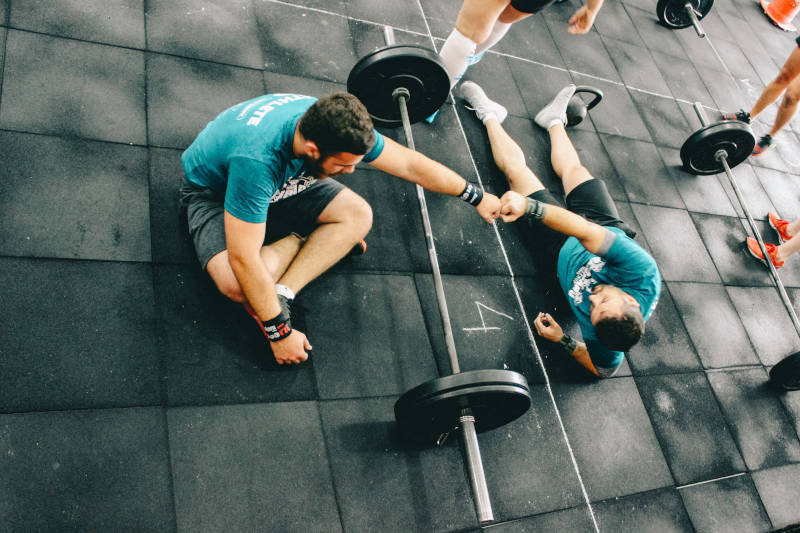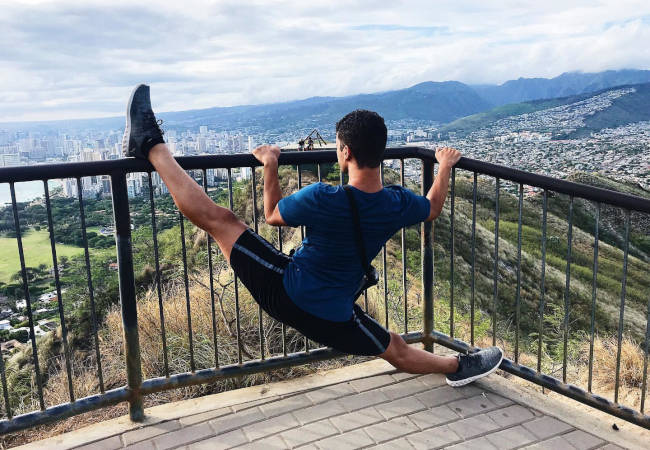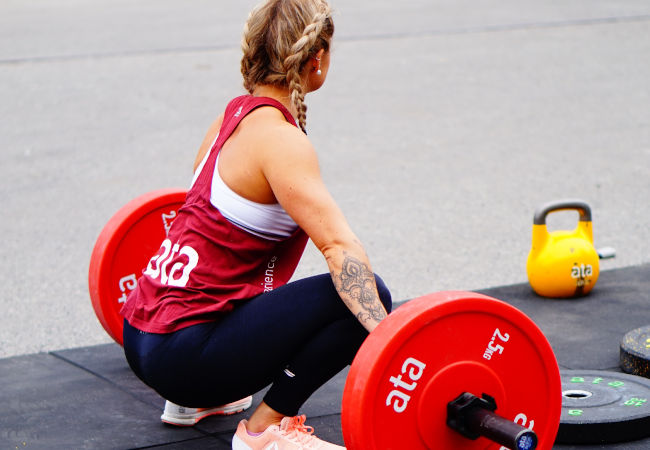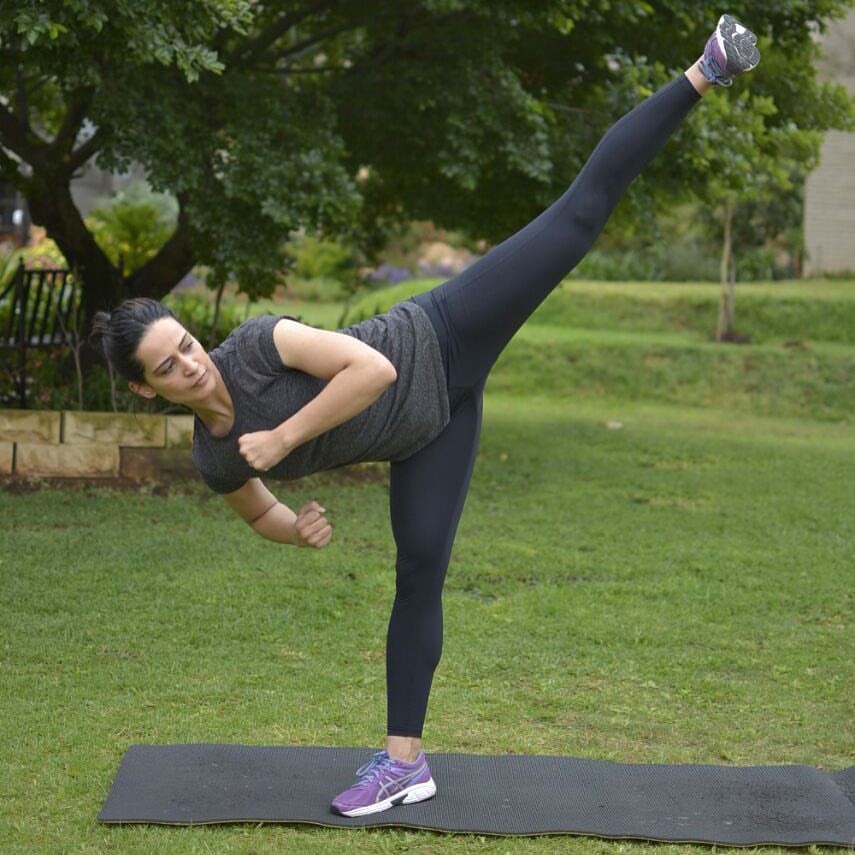Injuries can happen at any time. Whether it’s as dramatic as a car accident or as mundane as a slip on the stairs, an injury can seriously derail someone’s plans. The injured person isn’t the only one affected, as someone in the position of caring for an injured loved one will also face challenges as they aid in recovery.
One of the biggest challenges of recovering from an injury is dealing with pain. Pain from an injury can make many of life’s daily activities, from showering to eating to getting dressed, more challenging. Fortunately, there are ways to prepare and adapt to make it easy for a friend or family member to recover and regain their strength.
Understand Their Needs
Before your loved one comes home, make sure to ask for any relevant information regarding their injury. It’s important to know what the expectations are for a recovery timeline and any lasting damage that may be left after recovery.
The best way to understand an injury is to talk with doctors and ask for guidance in helping the person you care for recover. Also, ask for guidance from the injured person if possible. There are certain elements to providing a comfortable environment for recovery that are personal and can only come from the source.

Offer Emotional Support
Sometimes, the best thing you can do for an injured loved one is to just be there for them, and let them talk and let any frustrations or emotions out. Being in the hospital can be overwhelming, and they may be frustrated and scared. Try to keep a positive face and help them look on the bright side.
They’ll likely have some rough emotional patches as they recover, especially after coming home and finding everyday activities frustrating or impossible. Make sure to remind them how strong they are to keep them motivated, but don’t be afraid to let them break down occasionally if that’s what they need.
Make Them Comfortable
This is where some advanced knowledge will come in handy. Ensure you know what area of the body is affected by the injury and ensure their living space is comfortable with enough support for the injured area to stay protected and elevated if needed.
If the injured person is confined to a bed or spends most of their time there, you’ll want to ensure the bed is in top condition. The benefits of a good mattress for back and neck pain can make spending long hours in bed much easier. You’ll also want to look into attaching railings to the bed, bath, and toilet to make mobility easier if needed.
Listen to the Professionals
One of the big elements that determine how recovery goes is often physical therapy. Even after the injured person comes home, they may need to return for regular sessions. Make sure to encourage your loved one to stick to a regular schedule, as even one missed round may cause their body to lose some of the progress gained.
The doctor is there to give medical advice, so follow what they say to do and what they say not to do. While your loved one knows their body, it’s important to err on the side of caution to avoid a painful setback. Don’t rush the recovery process and cause greater injury.

Have Fun
It can be easy to become demoralized when recovering from an injury, and well-meaning caregivers sometimes say the wrong thing. It’s important to keep the atmosphere light and positive, even when certain normal activities are impossible. This is the perfect time to start a new hobby, experiment with interests, or do things differently.
It’s important not to overdo it—this isn’t the time to try anything stressful or challenging. But it’s not good for someone who’s recovering to sit at home and watch TV for weeks on end. Once the injured person is cleared, try to get outside for short periods. Fresh air and sunshine can be some of the best medicines to aid recovery.
Smooth the Road to Recovery
By taking on the caregiver/support role to someone recovering from an injury, you’re becoming one of the most important people in their life. These tips can help them rebound from their injury faster and maintain a positive attitude while they heal.
Your role is to facilitate their recovery, letting them maintain their autonomy while also providing everything they’ll need to come back stronger than ever.



















